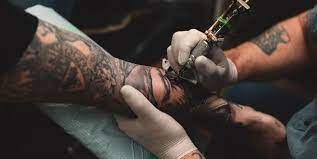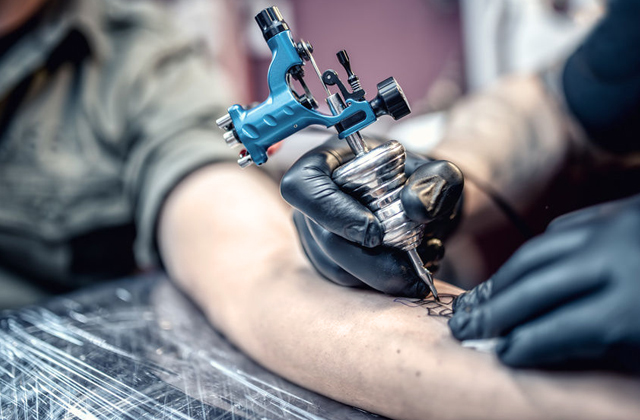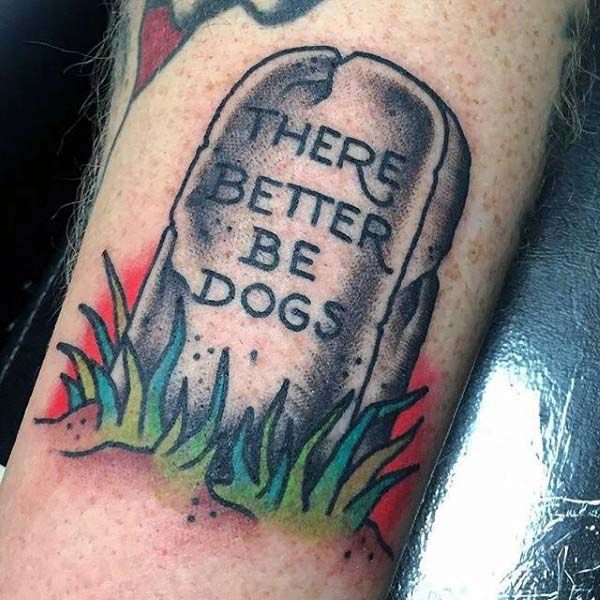
Tattoo artists tend to work long and demanding hours, making it challenging to balance family obligations with their full-time work. However, the good news is that the tattoo industry is expanding, which can lead to increased earning potential and a better work-life balance.
The Art of Tattooing:
Tattooing has become a prevalent art form, with people getting Tattoos to remember something important to them or as memorial tributes. Tattoos also serve as fashion statements and have gained popularity through TV shows, celebrities, and social media trends.
Working as a Tattoo Artist:
In the early stages of their career, tattoo artists typically rent space at a tattoo shop rather than owning their studio. Unfortunately, this means they may earn less as the shopkeepers take a commission for each tattoo completed. Some tattoo artists work freelance, offering designs online through platforms like Fiverr.
Running a Tattoo Business:
Tattoo artists can operate independently or as part of a business and are responsible for managing their tax affairs and National Insurance contributions. An effective business plan is essential to meet targets, achieve goals, and secure additional funding.
Designing Tattoos:
Tattoo artists often create design books to use as source material for developing new tattoo designs and seek client feedback for any necessary modifications. Maintaining tattoo equipment can be costly and time-consuming, and following manual handling regulations is crucial to prevent injuries or illnesses. Conducting a risk analysis is necessary to mitigate potential hazards that could lead to legal issues.
Tattoo Studio and Rates:
Tattoo artists work in studios with design books, necessary equipment, and dedicated working and preparation areas. Sterilization of ink pens is a regular process, and different colored inks are used to achieve various effects. Tattoo artists who own their studio can charge higher rates, but it requires dedication to build a clientele.
Education and Training:
Many tattooists start their careers through apprenticeships lasting up to three years. During this paid position, they learn all aspects of tattooing and gradually gain more responsibilities. Tattoo artists should deeply understand art fundamentals and principles, practice drawing regularly, and consider taking a blood-borne pathogen course if required by their state. Building a portfolio is crucial, whether physical or online, and having a solid social media presence can help reach more clients.

